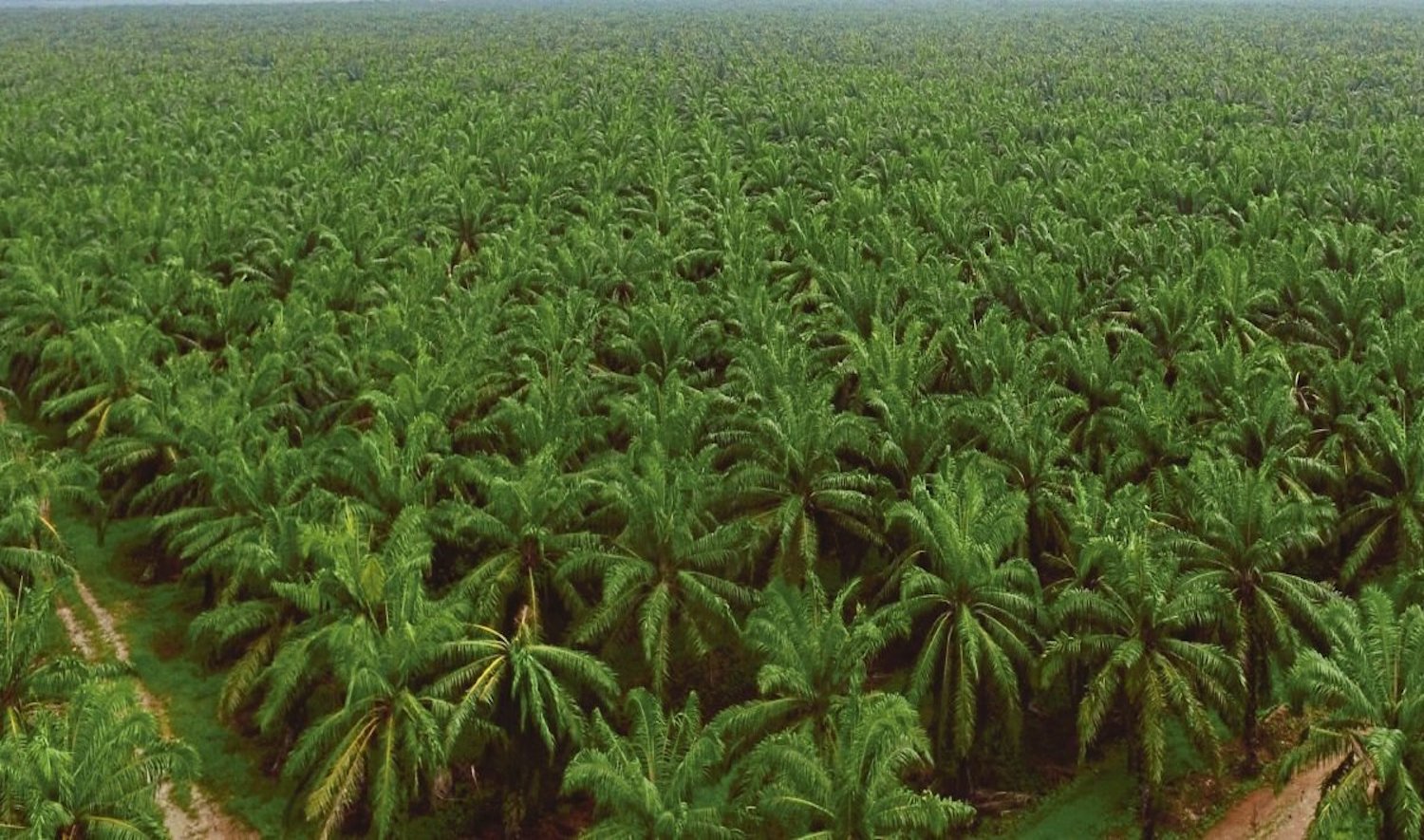HALEY BREWER WRITES — With the country of Malaysia having signed the Glasgow Climate Pact in November of 2021, we are reminded of Sabah, a state in Malaysia, which, back in 2015, pledged to produce sustainable palm oil by 2025. While this pledge is a decade-long plan, it is now being seen as a model for other countries that signed the Glasgow Climate Pact.
Palm oil is one of the most frequently used ingredients in packaged foods and even some household cleaners. Malaysia is the second biggest producer of palm oil, with Indonesia being the first. Sabah is responsible for 6% of the total global palm oil supply. The reason palm oil is important to climate change politics is that it causes major deforestation-meaning, it causes trees to absorb carbon dioxide. This in turn means that more greenhouse gases in our atmosphere will continue to warm the planet.
The Glasgow Climate Pact promises to reduce greenhouse gas emissions, and one of the ways is by stopping all deforestation by 2030. This is a mitigation plan designed to stop human interference with the climate. In contrast, other plans aim more toward adaptation-to simply make the world less vulnerable to the effects of climate change. These two approaches represent a common debate in environmental activism: whether to try to stop and reverse it, or to adapt to the problems we have created. For now, the mitigation process is what the Glasgow Climate Pact aims for.
Sustainable palm oil is not only an environmental issue but one of economics and equity and having enough resources for future generations. So, Sabah and the rest of the world must develop plans to stop deforestation and make the palm oil industry eco-friendly, but to do so without harming the economy and the livelihoods of those who work in the industry.
Over one million people in Malaysia, directly or indirectly, work in the palm oil industry. The government cannot just halt all oil production because that would cause grave consequences for the economy and for Malaysian citizens. Instead, the Sabah government will be putting in place plans and policies to achieve zero deforestation and new planting on peat (an organic fuel consisting of moss). It must also ensure certification of sustainable production and the processing of palm oil by the Roundtable of Sustainable Palm Oil (RSPO).
It is hoped that by 2025, 100% of Sabah’s palm oil will be sustainable and that other countries will follow that example. Sabah has three more years to make good on its plan.


Why Western countries harping on deforestation? Is it worst than what British have done in Malaysia and Dutch in Indonesia to plant Rubber? How about when the European and now so called American done to Northern America and Soy Plantation in Brazil. Now using paid media to go against Palm oil Plantation countries? How about the amount of tigers the British killed in India in the name of hunting?